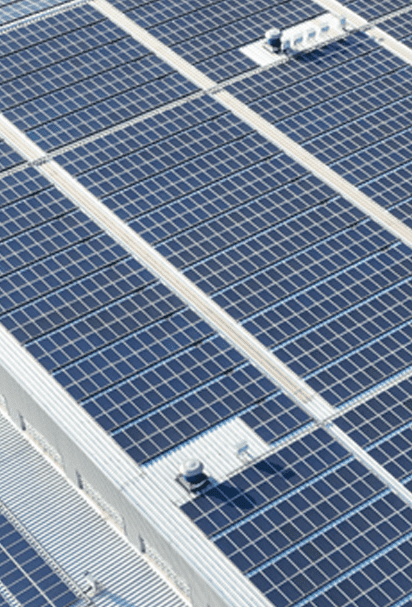Company Faqs
- Home
- faqs

1. How can I save money by going solar?
Going solar can help you save money in several ways:
Offset your utility bill by replacing a portion of the energy you buy from the utility with solar production, paid up front or in a monthly loan payment.
Solar is a steady, dependable investment that will continue to increase in value in the coming years.
2. How does going solar help the environment?
Most of the energy produced in the UK comes from fossil fuels, which cause greenhouse gas emissions that are harmful to our environment. As a renewable energy source, solar helps reduce these harmful emissions immensely. Although it may not seem like one home can make a difference, just one 5 kilowatt system is the equivalent to planting 150 acres of forest, removing over 100 tons of carbon emissions, or taking two cars off the road.
3. What is net metering?
Net metering is a common electric billing mechanism that allows solar homeowners to “sell” the excess energy produced by their system back to the grid. This excess energy effectively “rolls over” into credits to offset the energy you use from the grid when your panels aren’t producing as much electricity, such as at night and on cloudy days. The exact structure for net metering policies varies by state and utility, but our expert energy consultants can help you make sense of the policies that apply in your case.
4. How many years does the average solar system last for?
The average lifespan of a solar panel is around 25-30 years. However, this doesn’t mean that the panels stop producing electricity; the output is just slightly reduced. Our systems are warrantied for up to 25 years, but homeowners can expect their systems to continue producing power beyond that time frame.
5. Does my solar system need a battery?
Not every solar system requires a battery, but they can be beneficial in certain cases. Batteries can help mitigate demand-based utility charges, which raise rates at peak times. They can also be useful as backup power in areas with frequent power outages.
6. What happens if the power goes out?
Most systems rely on the grid to operate, so during a grid outage, most homeowners with solar panels installed will still experience the outage. Systems with battery or generator backup systems are the exception to this rule; backup systems can help homeowners deal with outages by backing up all or a portion of expected energy usage. Battery backup systems are often designed to keep essential appliances running, and in many cases, the battery can be recharged by solar production even when the grid is down. However, it’s important to note that a battery backup system will not provide power indefinitely.
7. How do I know if going solar is right for my home?
Many homeowners are great candidates for solar without realizing it. Homeowners with high energy bills are obvious candidates, but even if your energy bill is manageable, you may still be able to save significant money and enjoy a more comfortable lifestyle by going solar. The best way to learn more about your home’s solar potential is to schedule a time with our expert energy consultants, who can help evaluate your home and build a custom solution for your lifestyle.
Have any other questions about solar? We’d be happy to help! Email us at
We Offer a number of Services
Light Up With Solar &
Save Natural Resource
Trusted Services
Contact
020 3376 8656
